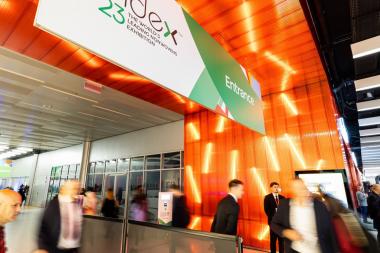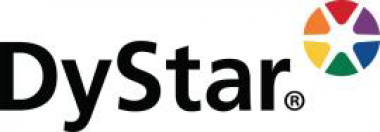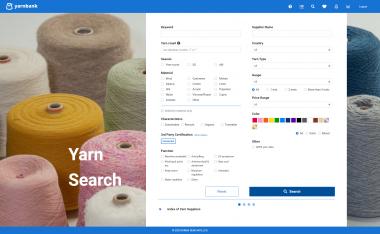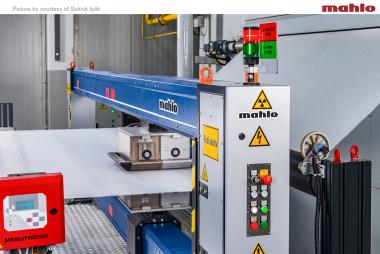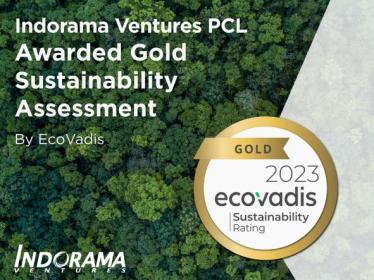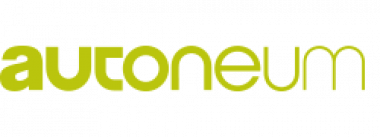adidas: 96% of all Polyester used in Products is Recycled Polyester
adidas has announced a new milestone in its journey towards replacing virgin polyester with recycled polyester . 96% of all polyester used in adidas products is now recycled polyester. The achievement of the ambition that adidas first set in 2017 – to replace all virgin polyester with recycled wherever possible by the end of 2024 – is on track to be achieved earlier than expected.
Since the first adidas high-performance shoe was made with recycled materials in 2015, the brand has been working towards reducing its dependency on virgin polyester. Last year it announced that in 2021, more than 90% of the polyester used in adidas products was recycled, which – if it had been virgin polyester - would have accounted for 390 thousand metric tons of CO2e – the equivalent to the greenhouse gas emissions generated to provide power to 50 thousand homes in the US[1].
According to Textile Exchange[2], global recycled polyester fiber production volume increased in 2021, but still accounts for just 14.8% of all global polyester production.
Sport is about meeting challenges head-on and finding ways to overcome those – material innovation is no different. For the team at adidas, the road to 96% has been long and full of challenges. The confirmation of its polyester commitment in 2017 was a crucial step in helping to initiate a transformation across adidas and its entire supply chain. This transformation has been made possible through creating technical solutions and imagining new possibilities that previously didn’t exist.
To accompany the announcement, adidas has created a short film about its new ‘PB’, featuring star athlete Jazmin Sawyers. The film highlights the sports brand’s pride in making progress, and its determination to push further.
As the brand looks ahead to 2024 and beyond, it will continue to expand its focus beyond recycled polyester. It will be doing this through three main areas of focus: changing materials by testing and scaling new raw materials, rethinking entire processes to design products that have a circular end-of-life solution, and reducing its carbon footprint.
[1] adidas Footprint Analytics team
[2] Textile Exchange Preferred Fiber & Materials Market Report, October 2021, https://textileexchange.org/app/uploads/2022/10/Textile-Exchange_PFMR_2022.pdf
adidas AG





